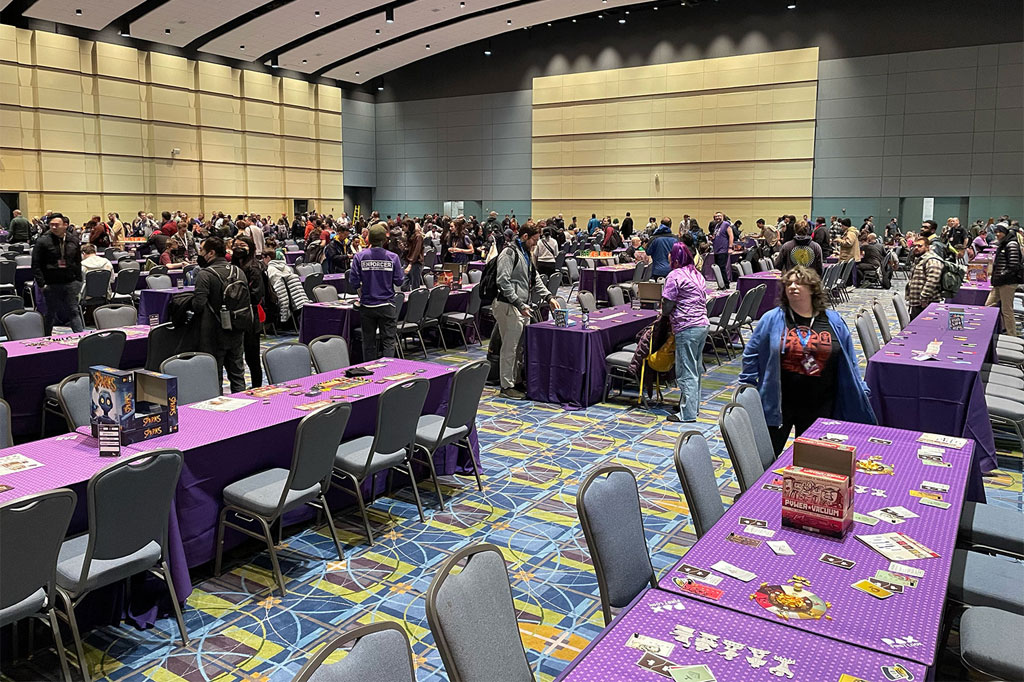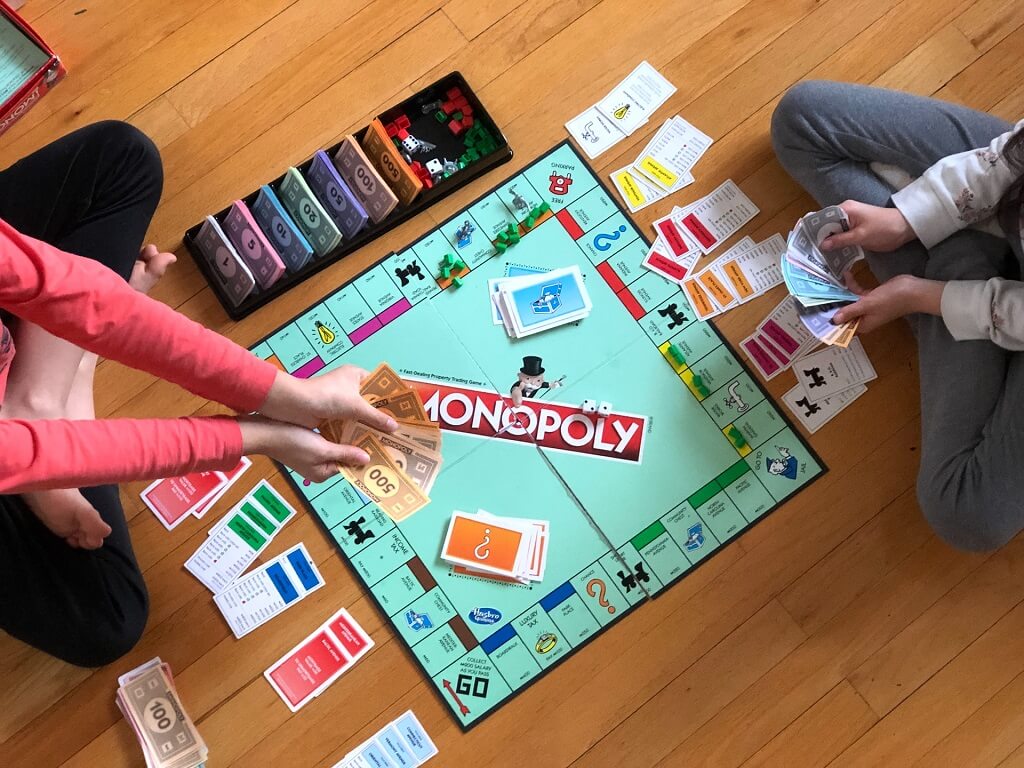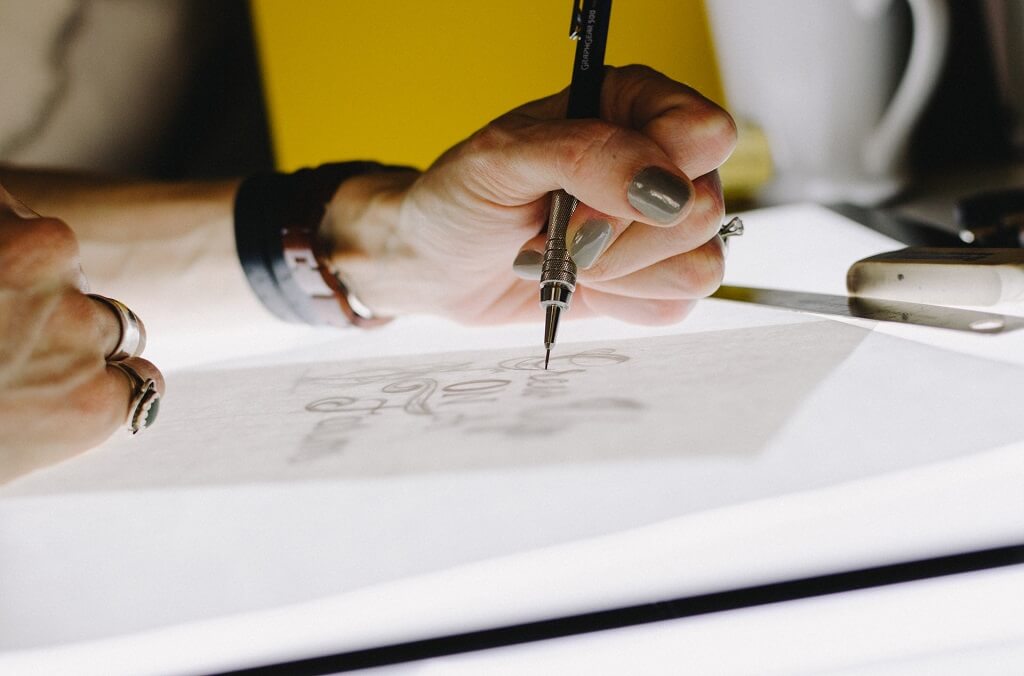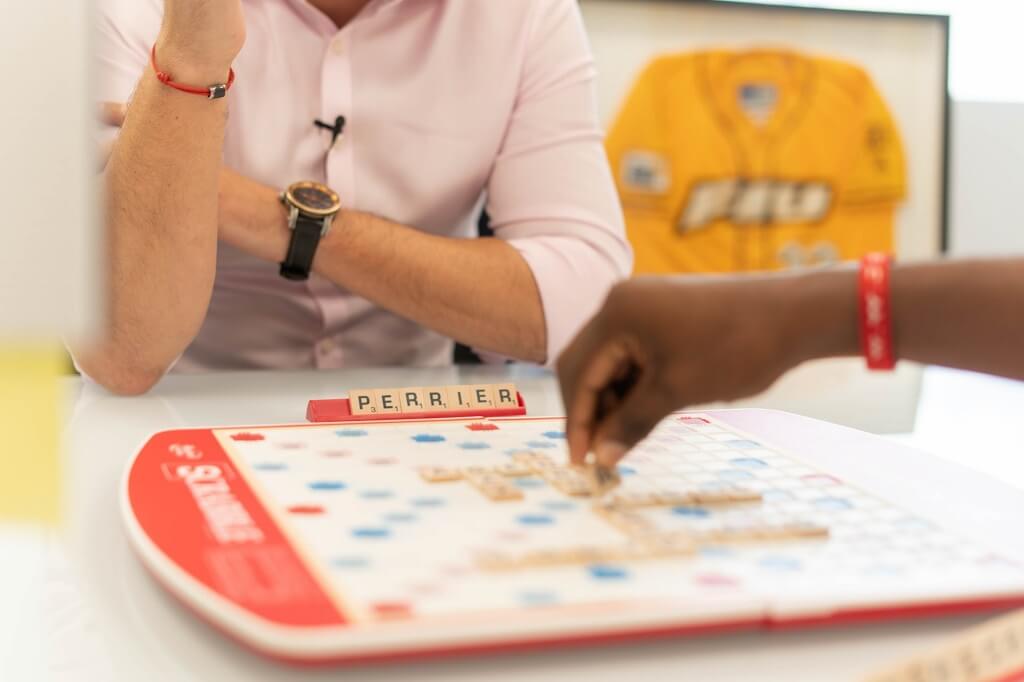Board game conventions are the heart of the tabletop gaming community — bustling hubs where designers, publishers, and players come together to celebrate creativity and connection.
Whether you’re an indie creator launching your first game or an established publisher introducing your latest title, conventions offer unmatched opportunities to showcase your work, engage players directly, and build your fan base.
In this ultimate guide, we’ll explore how to plan, prepare, and promote your board game effectively at conventions — from booth design and demos to networking and post-event marketing.
Table of Contents
1. Understand the Power of Conventions
Before diving into logistics, it’s important to understand why conventions are so valuable. Events like Gen Con, Spiel Essen, PAX Unplugged, and Origins Game Fair attract thousands of passionate gamers and industry professionals.
By attending, you can:
- Generate buzz and first-hand exposure for your game.
- Playtest new mechanics with real players.
- Connect with publishers, distributors, and influencers.
- Collect feedback that can refine your design or marketing.
- Build brand loyalty through authentic, in-person engagement.
The key is to treat conventions not as mere sales events, but as relationship-building opportunities that strengthen your game’s presence in the community.
2. Choose the Right Convention
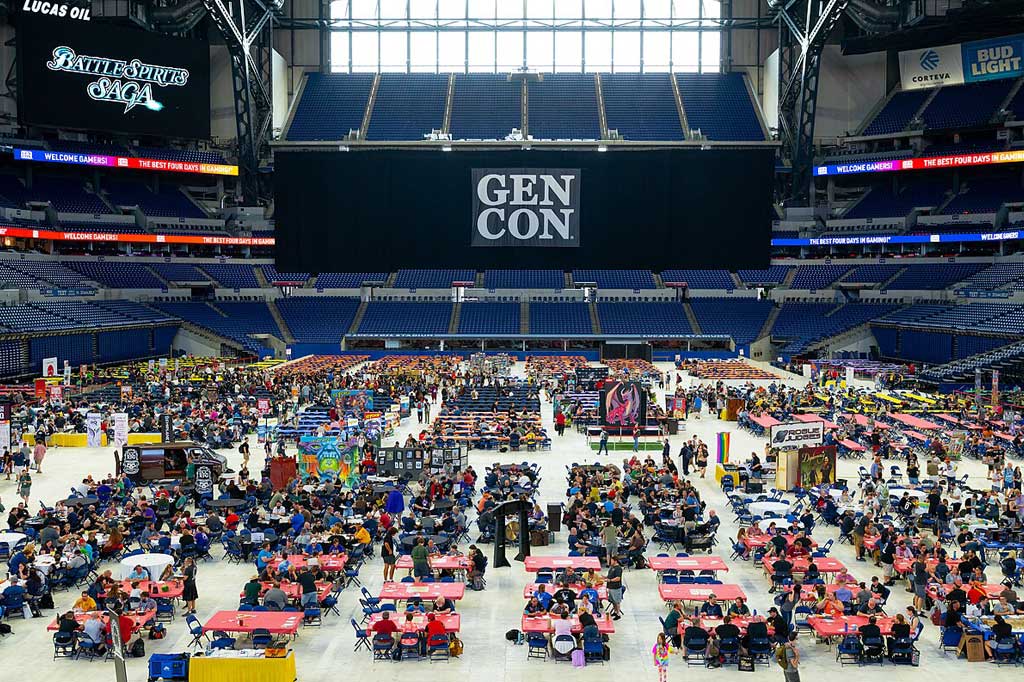
Not all conventions are equal for every designer. To maximize your investment, choose events that align with your business goals, marketing budget, target audience, and desired brand exposure.
- Large Conventions (Gen Con, Essen, UK Games Expo): Best for wide exposure, networking, and press coverage. However, booth space is costly and competition is fierce.
- Regional Conventions (PAX South, Origins, Dice Tower East): Offer a more personal experience, often at lower costs. Great for demoing games and building local fanbases.
- Designer/Playtest Events (Protospiel, Unpub): Perfect for early development feedback and networking with fellow designers.
- Themed Conventions (Miniature-heavy or RPG-focused): Ideal if your game fits a specific niche.
Research attendee demographics, booth fees, and previous exhibitor feedback before committing.
3. Plan Early — Logistics Matter
Convention planning can take 6–12 months, depending on the event size. Here’s what to prioritize:
a. Booth Reservation:
Book your booth as soon as registration opens. Prime locations — near entrances, food areas, or gaming zones — draw heavier foot traffic.
b. Travel & Accommodation:
Book hotels early, ideally near the venue. Many conventions sell out fast. Consider bringing an assistant or volunteers to help during busy hours.
c. Inventory & Materials:
Decide whether you’ll sell games on-site, offer pre-orders, or run demos only. Bring plenty of promotional materials like flyers, business cards, and banners.
4. Design an Eye-Catching Booth
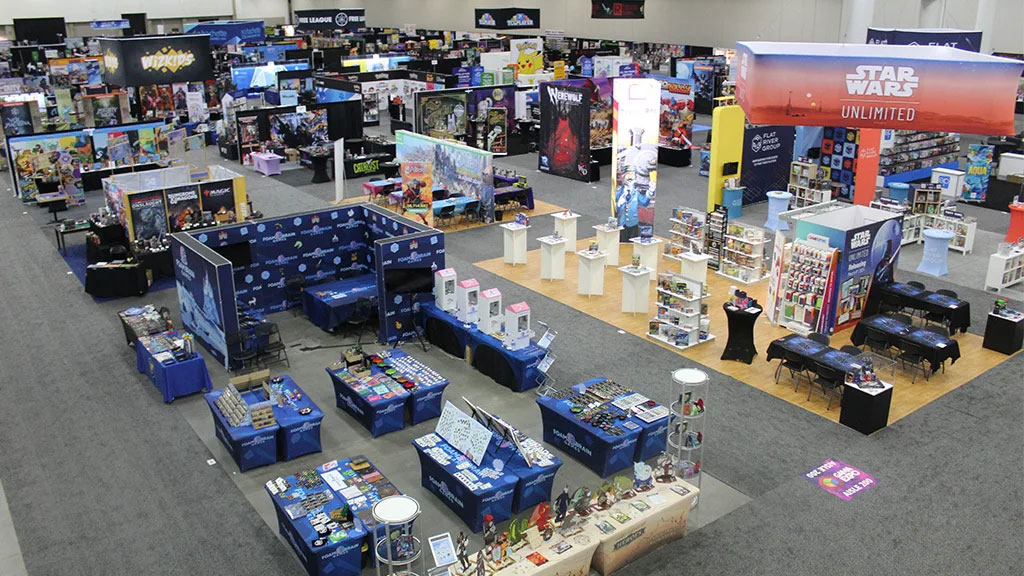
Your booth is your stage, making it inviting, clear, and visually aligned with your game’s theme to leave a strong impression.
Tips for a great booth setup:
- Banner & Logo: Make your game name large and readable from afar. Use consistent colors and artwork that reflect your game’s identity.
- Demo Tables: Have one or two tables for hands-on play. Keep the layout open and accessible.
- Lighting: A well-lit space stands out and feels more professional.
- Display Copies: Show off your box art, components, and expansions neatly.
- Staff Presence: Always have an enthusiastic team member ready to greet and engage attendees.
Remember: your booth should invite curiosity and make it easy for passersby to understand what your game is about within 5 seconds.
5. Perfect Your Demo Experience
Your demo is your sales pitch in action. It’s how players experience your game’s fun, flow, and theme.
Here’s how to make your demo unforgettable:
- Keep it short: Limit demos to 10–15 minutes. Focus on the core mechanics and excitement.
- Train your team: Every staffer should explain rules clearly and confidently.
- Guide the fun: Help players make interesting decisions quickly. Avoid bogging them down with setup or rules.
- End with impact: Conclude on a high point — a big reveal, a clever combo, or a victory moment.
- Encourage connection: After the demo, ask if they’d like to follow your social media or join your newsletter for updates.
A fun, streamlined demo can turn curious players into loyal fans.
6. Use Marketing Materials Wisely
Even the best demo needs marketing backup. Convention-goers are bombarded with visuals, so your materials must stand out and communicate clearly.
Essential materials to bring:
- Flyers/Postcards: Include game art, tagline, website, and QR codes linking to your campaign or store.
- Business Cards: Simple but professional, for publishers or media contacts.
- Banners & Tablecloths: Match your game’s branding.
If you’re running a Kickstarter campaign, print cards with your campaign link or a QR code to make sign-ups easy.
7. Leverage Social Media Before and During the Event
Don’t wait for the convention to start promoting — build excitement beforehand!
Pre-event:
- Announce your booth number and demo schedule on social media.
- Reach out to bloggers or YouTubers attending the convention for potential coverage.
During the event:
- Post live photos and stories with event hashtags.
- Tag the convention’s official account for visibility.
- Encourage visitors to share pictures of your booth using your branded hashtag.
After the event:
- Thank attendees publicly.
- Share highlights or testimonials from players.
- Keep the conversation going by teasing updates or expansions.
Social media turns a single convention weekend into a month-long marketing opportunity.
8. Network Like a Professional
Conventions aren’t just for gamers — they’re prime networking grounds for professionals.
Meet with:
- Publishers: If you’re seeking a deal, prepare a concise elevator pitch and a sell sheet.
- Distributors: Great if you’re ready to scale production.
- Media/Reviewers: Offer review copies or exclusive previews.
- Other Designers: Collaborations often start at conventions.
Be approachable and genuine. Even casual conversations can lead to long-term partnerships.
9. Capture Feedback and Build Community
Every demo is a learning opportunity. Take notes on how players respond to mechanics, artwork, and theme. Ask questions like:
- “What part did you enjoy most?”
- “Was anything confusing?”
- “Would you play this again?”
Encourage players to join your mailing list or Discord community. A growing fan base means sustained momentum beyond the convention floor.
10. Follow Up After the Convention
Many creators forget the most important step: post-convention follow-up.
After returning home, take time to:
- Email new contacts (publishers, media, players) to thank them for their interest.
- Share photos and testimonials to showcase your game’s success.
- Offer exclusive discounts or updates to those who signed up during the event.
Consistent follow-up keeps your game top-of-mind long after the convention ends.
11. Measure Your Success
To evaluate your performance, track key metrics like:
- Number of demos played.
- Sales or pre-orders generated.
- Newsletter sign-ups or social media growth.
- Media coverage or reviews gained.
These numbers will guide improvements for future conventions — helping you refine your booth strategy, demo flow, and outreach efforts.

